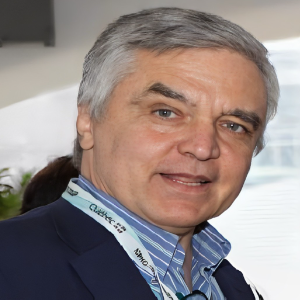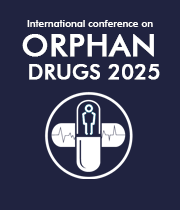Access and Pricing
Pharmaceutical companies have been increasingly focusing on developing treatments for rare diseases in recent years. This is largely due to technological advancements that make identifying the genetic causes of rare diseases easier. Because of their high prices, orphan medications have a lot of potential to generate income. By 2022, the global orphan medication industry is expected to have grown to $209 billion, accounting for 21.4 percent of all branded prescription drug sales. The high pricing connected with some orphan drugs have become a point of contention as the number of approved orphan drugs has grown. The high expense of drug development and recouping these costs by a smaller patient pool are the most common reasons for orphan medicine prices. We can't use cost-based pricing strategies unless we fully grasp the costs of orphan medicine research. If the patient population is limited enough, orphan medications with relatively low research costs may nonetheless require very high pricing to recoup those expenditures. Even if a more accurate cost of medication development at the drug level becomes accessible, the question of how much profit should be allowed above the cost of drug development remains. There is still a lot of work to be done in this area to better understand how to reward innovation while keeping drug expenditures in check.
- Cost Based Pricing
- Establishing A Reasonable Price
- Reimbursed Price
- Patient Access

Sergey Suchkov
The Russian University of Medicine & Russian Academy of Natural Sciences, Russian Federation
Vladlen Slepak
University of Miami, United States
Harsha Rajasimha
Jeeva Clinical Trials, Inc, United States
Vladlen Slepak
University of Miami, United States
Harsha Rajasimha
Jeeva Clinical Trials, Inc, United States
Sergey Suchkov
The Russian University of Medicine & Russian Academy of Natural Sciences, Russian Federation


Title : Emerging solutions for inclusive orphan drug clinical trials management
Harsha Rajasimha, Jeeva Clinical Trials, Inc, United States
Title : Ectopically expressed olfactory receptors as an untapped family of drug targets. Discovery of agonists and antagonists of OR51E1, an understudied G protein-coupled receptor
Vladlen Slepak, University of Miami, United States
Title : Personalized and Precision Medicine (PPM) as a unique healthcare model to secure the human healthcare and biosafety among childhood
Sergey Suchkov, The Russian University of Medicine & Russian Academy of Natural Sciences, Russian Federation
Title : Orphan and rare disease emerging as a global public health priority through the view of personalized and precision medicine: How to use the latter to revolutionize pediatric services
Sergey Suchkov, The Russian University of Medicine & Russian Academy of Natural Sciences, Russian Federation
Title : Personalized and Precision Medicine (PPM) though the view of reproductive healthcare, pediatric services and natural family planning: an option for clinicians and caregivers realize the potential of genomics-informed care to secure the individualized human biosafety
Sergey Suchkov, The Russian University of Medicine & Russian Academy of Natural Sciences, Russian Federation
Title : Democratizing ASO drug discovery at La Jolla Labs
Melissa Keenan, La Jolla Labs, United States